Older youth in foster care, aged 14-21, are embarking on a journey to adulthood, transitioning out of the foster care system and onto self-sufficiency. Despite the numerous challenges they face, including trauma and adverse experiences from their childhood and adolescence, often exacerbated by child welfare system involvement, these youth demonstrate remarkable resilience. Their transition from adolescence to adulthood is a pivotal period, and the support and resources they receive significantly influence their success post-foster care.
By Subject: Child Welfare | Early Childhood Education | Home Visiting | K-12 Education | Maternal and Child Health | Prenatal-to-Age-Three
Report: 2023 State of Child Welfare – December 2023
Our 14th annual State of Child Welfare report provides a 5-year analysis of how Pennsylvania fares with practices around child safety, placement, and permanency and includes county-level data and statewide and geographic trends to improve the child welfare system. We continue to analyze racial disparity and disproportionality across the child welfare system’s population (age 0-20).
Fact Sheet: Improving Kinship Placement in Pennsylvania – September 2023
Kinship care is the full-time care, nurturing, and protection of a child by a relative, either by blood or marriage, and can include informal connections that are not legally related but have a positive, supportive relationship with the child or family.
Report: 2022 State of Child Welfare – September 2022
Our 13th annual State of Child Welfare report provides a 5-year analysis of how Pennsylvania fares with practices around child safety, placement, and permanency and includes county-level data and statewide and geographic trends to improve the child welfare system. We continue to analyze racial disparity and disproportionality across the child welfare system’s population (age 0-20).
Fact Sheet: Promoting Permanency and Successful Adult Outcomes for Transition Age Youth – March 2022
Transition age youth—age 14 to 21—are older youth in the foster care system transitioning to permanency with a caregiver or aging out of the system to adulthood. Transition age youth often struggle with this life transition due to unique circumstances with being a foster child.

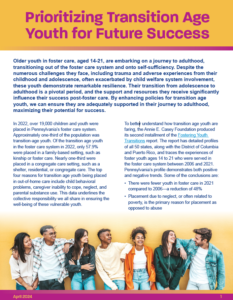
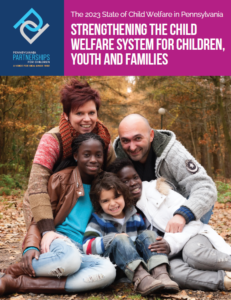
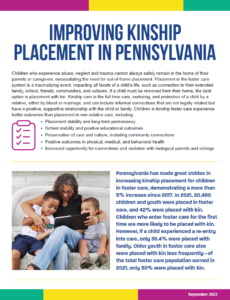

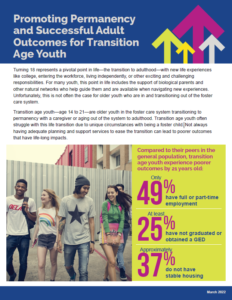

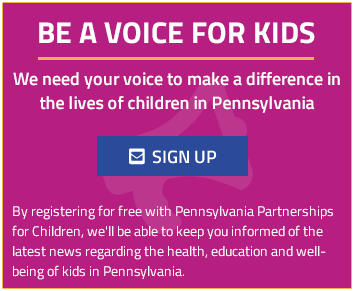

PAP4Children Follow 9,904 2,626
Pennsylvania Partnerships for Children is dedicated to improving the well-being of PA's 2.6 million kids. We're independent, non-partisan and non-profit.
It's Thursday, and you know what that means. It's time for your next PPC #summerreadinglist assignment! If you want to learn more about Medicaid & CHIP, this is the fact sheet for you. If you're interested in data, this is ALSO something for you. https://ow.ly/sfnI50SFcR5
Happy National #BeAGoodTeammateDay! Want to meet some of our favorite teammates? Meet the PPC team! https://ow.ly/wo4Q50SG4v1
Happy #NationalIceCreamDay! Stay cool with some ice cream and by signing up for our email list. Nothing is cooler than data...right? https://ow.ly/jfv950SEwnL
Check out this new report from the Annie E. Casey Foundation - New Insights on State Kinship Diversion Policies
New Insights on State Kinship Diversion Policies
Kinship diversion can help keep kids out of foster care. Review state policies and understand why engaging family in these arrangements matters.
www.aecf.org